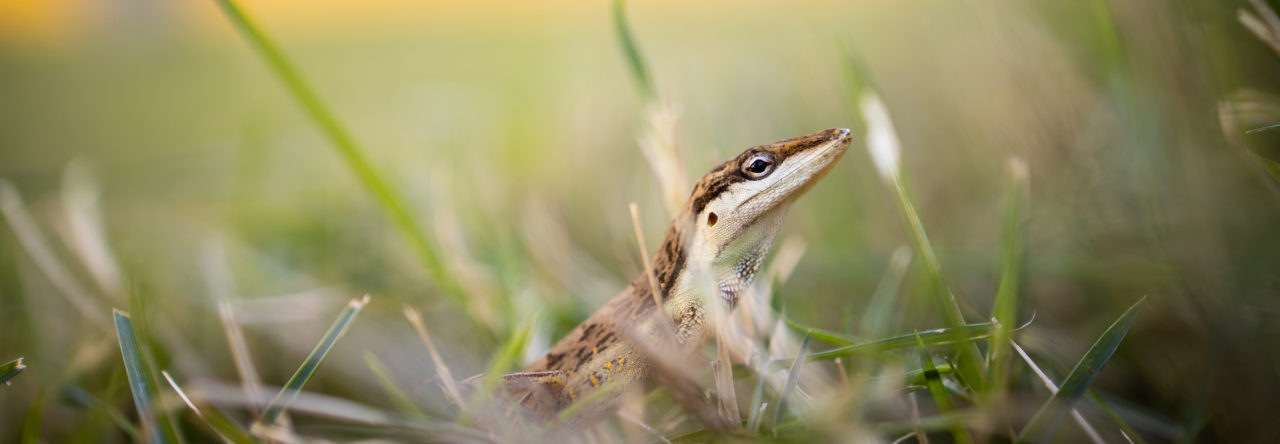Since Darwin’s time, biologists have believed that evolution occurs at a very slow, glacial scale. A corollary of this belief is that ecologists need not consider evolution as they work out the intricacies of ecosystem functioning—it occurs much too slowly to be a factor in understanding the day-to-day interactions among species and their environment. In recent years, however, it has become apparent that, when natural selection is strong, evolutionary change can occur very quickly. This raises the possibility that ecological interactions can lead to rapid evolutionary change, which could then quickly have ecological effects. For example, several recent studies have shown that fish species will evolve adaptively in response to competitive and predatory interactions, and that these evolutionary changes affect the ecosystem, changing rates of primary production, decomposition and altering the biotic and abiotic composition of the ecosystem. The study of “eco-evolutionary dynamics” is taking off and was recently reviewed by Tom Schoener in Science. In that review, Schoener referred to ongoing research on Anolis sagrei in the Bahamas as an example of how ecological interactions could lead to evolutionary change that would then feedback and alter ecosystem properties (see above).
- Evolution in Real Time on Lizard Island - March 23, 2025
- Spider Snags Adult Anolis osa - March 22, 2025
- An Homage to the Green Anoles of New Orleans - March 21, 2025



Leave a Reply